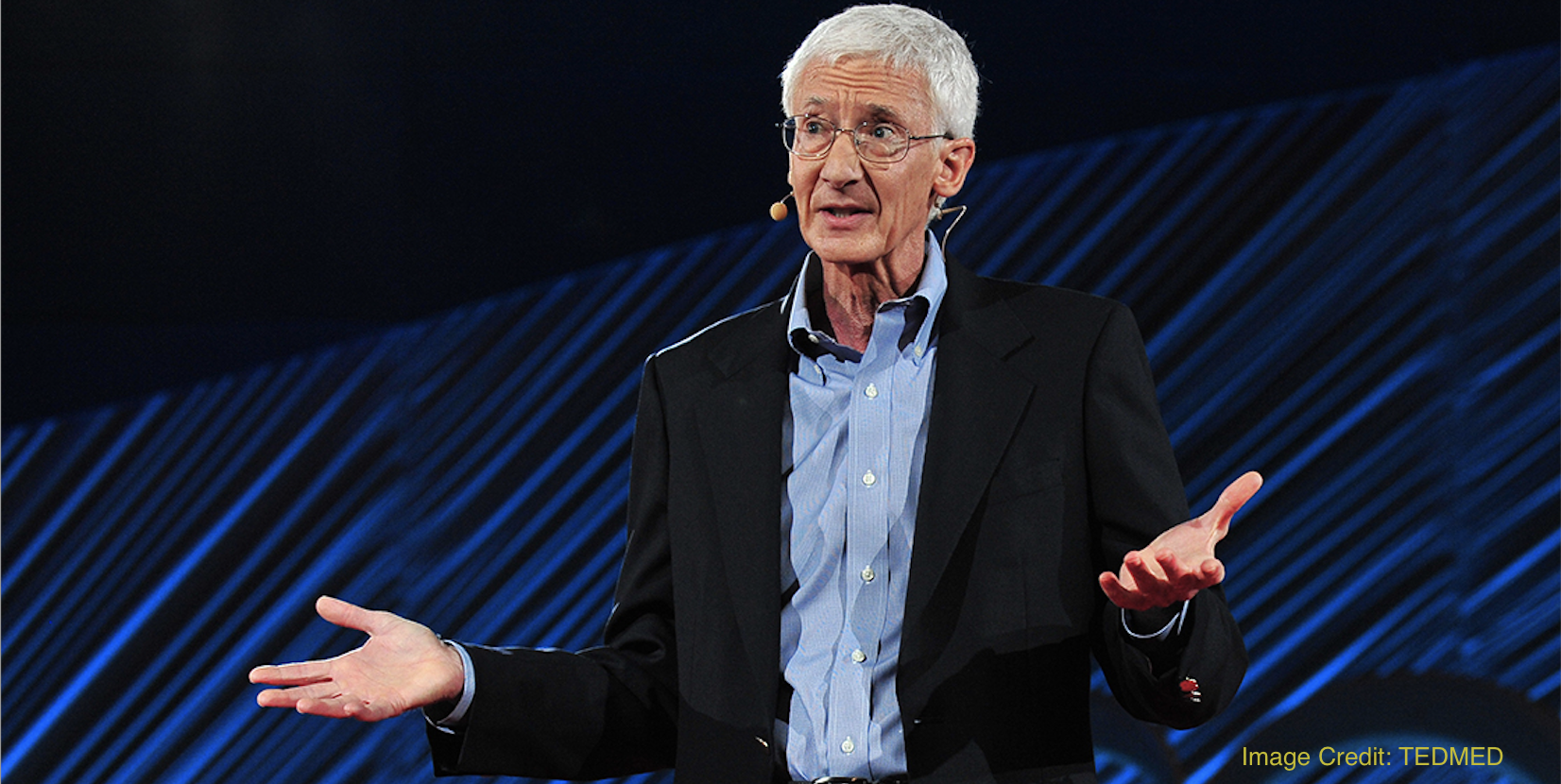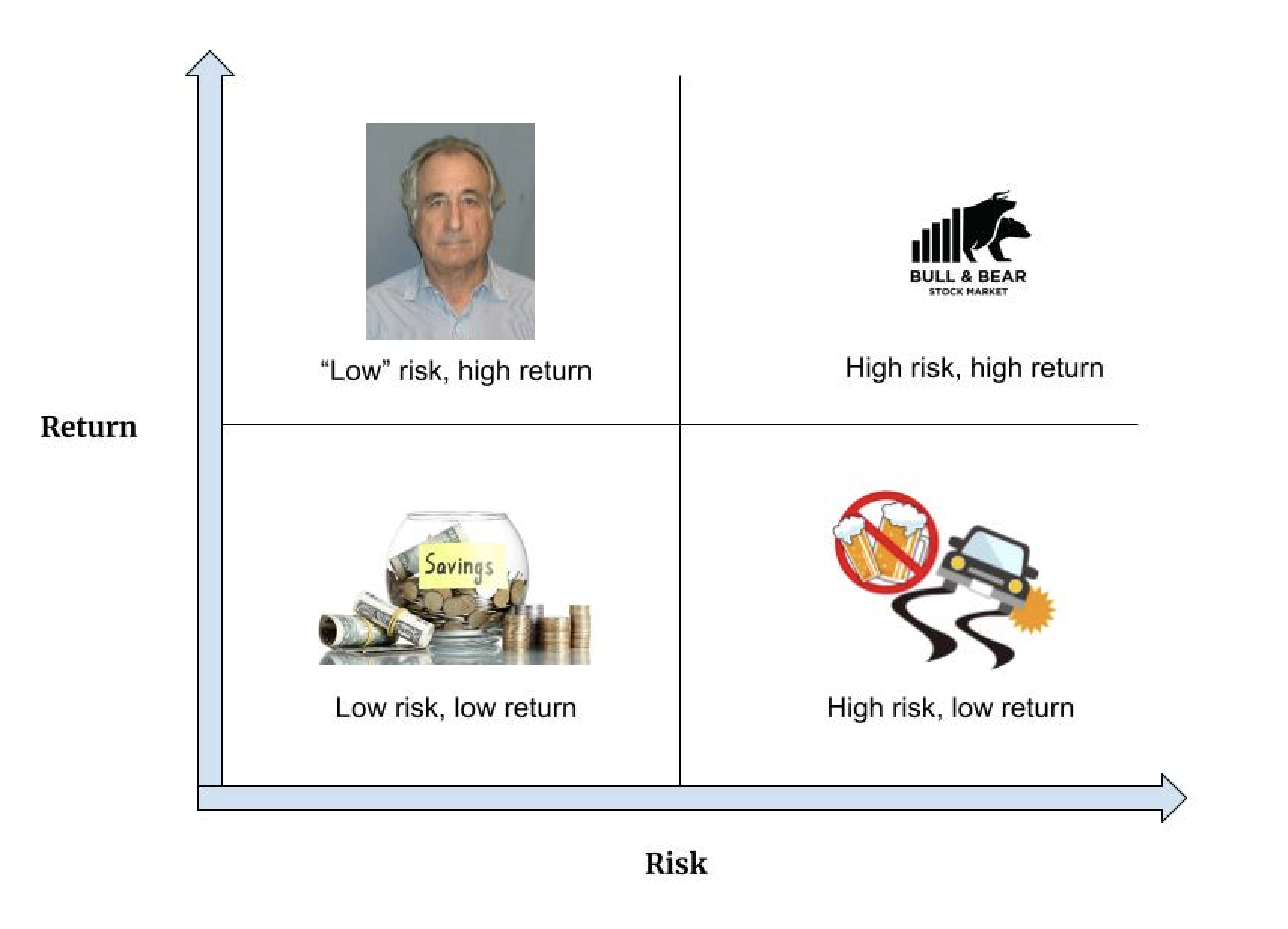Instant Gratification: Bezos & You & Me
Smoking causes cancer. What is the brain’s equivalent of cancer? It’s also cancer.
You passed. Until recently, there was no scientific consensus that smoking was harmful. Even when this consensus emerged, many scientists were paid to publicly denounce facts.
Sugar in excess causes cancer too. And it causes fatty liver disease, heart disease, skin aging, and lack of energy. We didn’t have to worry about this before sugar was weaponized. But, here we are, and here is sugar. The war against sugar is even newer than the war against cigarettes.
Will instant gratification become smoking/sugar of the coming decades? Let’s turn to an expert on the issue who I will now quote.
Too much TV will turn your brain to mush. Mush!
Karen Duff c. 2002
Why life is better now than in 2008
More information, products, and services available online than at any point in history.
Better, faster computers than ever before. Even on our phones.
FaceTime (they had this in the Golfball ride—Spaceship Earth—at Disney World. I laughed at it as a child.)
Venmo, Netflix, Amazon Prime shipping, Postmates, NFL RedZone
Why life is worse now than in 2008
Juuls (unless you are the founder of the Juul. Then you’re a billionaire who likely has no conscience)
Thought bubbles and echo chambers online (aka the end of democracy and human decency as we knew it)
The widespread inability of kids (and most adults) to realize that social situations don’t require phones or Snapchat
I waste like half of my free time online
I have almost no attention span
The hilariously dark aspects of now
In the smartphone era, we dig ourselves into a hole like 50x faster than we could before. Yet, we get ourselves out of them only 5x faster. In other words, we can get drunk, unlock our phone, and literally send our entire net worth to a random Facebook contact via Venmo. Oh whoops! On the bight side, we have access to the internet—it will be a little easier than it was in 1999 to make all of our net worth back! (For the record, I did not do this.)
An underrated part of social media is that it allows for some hilariously regrettable posts. One of my favorite games to play is to think about how quickly I could destroy my life by yelling one horrific sentence at the wrong time (h/t Conan O’Brien).
An example: I was at a wedding last weekend. All I could think about during the emotional peak of the father-of-the-bride’s speech was what I could yell at that moment that would ruin my life. I started to get dizzy as I realized literally nothing was going to stop me besides myself. Related: I play this game almost every time I get bored during speeches since I’m a semi-closeted psycho.
Also related: this is a game that literally every one of us plays every single time we go on Facebook, Instagram, or Twitter.
Hugh Howey, the most recent guest on Shane Parrish’s excellent podcast, compared the effects of sugar on our bodies to new technology on our brains. It makes sense. Sugar seems harmless and makes us feel good in the moment. It’s fine in moderation and makes us happy. In excess, however, it leads to lethargy, mental decline, and even chronic disease.
(Of note: the author Howey also mentions the lessons he has learned from sailing the world. One of them is that newly rich countries see spikes in obesity. He argues this is inevitable in places where food is suddenly available in excess. When a place suddenly has unlimited food, the people collectively eat more than they should. His point is that we shouldn’t blame “America’s junk food” on the rising obesity rates. Instead, obesity is a reality in populations new to abundant food. Since America happens to be the food hegemon, people tend to blame the producer rather than the root cause. Food for thought! (Nice)).
Instant gratification is a power unbeknownst to millions of years of human existence. With great power comes great responsibility. Power can be abused in seconds, while responsibility takes years of commitment and discipline. If it seems like a losing battle, it’s because it just might be. Our evolved brains are fighting above their weight class.
I Frequently Give Money to Jeff Bezos, my Favorite Charity
After I make a $20 Amazon purchase, I sit there in mild confusion as to how easy it was for me to send Bezos my money. I would be broke in 16 days if I were trigger-happy or cared about my wardrobe. It’s actually comical how much self control is required to not destroy years of work in 5 minutes. Do you remember the 20th century—also known as the primitive age in which you couldn’t go online and ruin your future employability in two sentences?
Every facet of life now requires self control. Is it healthier to wait an hour (or a day) next time I make an online purchase to simulate self-control and delayed gratification? Delayed gratification, after all, is a major part of any accomplishment. Sadly (in terms of the bigger picture of our lives), instant gratification is now the day-to-day norm.
The constant access to instant gratification creates problems. Imagine telling 2010 you that with the right income, all of your food—not just pizza and Chinese—could be delivered to you? You’d be pretty stoked. Now imagine telling 2019 you that there is a meat shortage and you now have to slaughter all of your own meat, but in exchange you might become rich. Though this analogy of 2019 seems confusing, our expectations of convenience are higher than ever before, so we have little motivation for tasks with slow payoff.
In a sense, this is the same dilemma that we face when someone tells us that it takes thousands of hours of distraction-free practice to master coding, a new language, or an instrument; that sounds less pleasant than watching Ballers. For myself and many others, knowing how difficult a new skill is paralyzes us from starting.
Without building the muscles to accept delayed gratification, how do we find them when we want them? I think about this every time I sit down to do anything productive or creative—such as writing this blog. Most potentially productive time now is a battle against the procrastination monkey—and the monkey has better weapons than in the ’90s.
My win percentage against the procrastination monkey is somewhere below 15%.
3 Reasons That We Don’t Realize Instant Gratification is Bad for Us
1. It’s New
Just as we did not realize overnight that lead paint is bad for us, we will slowly wake up—if we do at all—to the effects of instant gratification. Long-term studies take decades, but unlike with lead paint, we can see the damage on our minds firsthand. Our overexposure to dopamine hits has barely existed for a decade; this is crazy new on the human timeframe. As podcast guest recently said, if we imagine that the book of human history is 700 pages long, modern tech didn’t come around until page 699. If our brains and emotions adapted to living one way for 699 pages, it should not be a surprise that many people feel isolated and depressed by their new lifestyles.
2. Technology is great when used well
Technology will continue to level the world’s playing field, which is great news for consumers and demographics that were previously excluded. It allows us to connect with our friends and family from anywhere, read books, watch our favorite shows, and outsource our multiplication skills to the Calculator App. We have all the information and resources we could ever need if we use them wisely. Yet, all of the noise and stimulation makes focus and prioritization infinitely more difficult.
3. Social Norms are Convincing
By definition, behaving counter to social norms keeps you from fitting in, which is something we’ve evolved to avoid. It takes conviction. It’s easier to stick with our convictions when society is aligned with our beliefs. On a long time frame, society eventually (and hopefully) bends towards facts and data, but in the meantime, it does not always feel great to be the outcast. Just ask Galileo.
Conclusion: People Don’t Care
As the downsides of tech overabundance and instant gratification are studied in the coming years, I believe frightening data will emerge. Experts already tell us about a spike in teen depression, but it’s still so new that parents don’t know that they need to intervene. Plus, the parents are on it themselves, and social norms rule—everyone is on it too much, so it can’t be that bad. Collective psychology trumps data (hello 2019 politics, baby).
People want to absolve themselves of responsibility. The sudden changes (both negative and positive) are so obvious that we really can’t miss them. Anyone who sees no flaws with instant gratification is willfully ignorant.
People only care about data and evidence when it’s convenient to them. If it’s not convenient, then delusion is easier.
Smoking dangers are as widely known as any statistic in America, yet every teenager magically forgot them and started smoking the Juul because it was shaped like a USB and not a cigarette. Again, social norms will continue to trump data, because no matter how reasonable the evidence is, data can never like our photos or invite us to a party.
A coworker just said to me, “Paxton, I quit Juuling this week after reading about the seizures it was causing. Supposedly the nicotine is way too concentrated.” Wow, there is literally no other way you could have ever figured out that smoking something with nicotine 60 times per day is harmful. If only scientists had warned us about smoking!
If people can justify their behaviors in the face of scientific consensus, then they can justify anything. Trying to exercise some form of self control in our daily lives—online shopping, expecting immediate replies—allows us to take a step back from instant gratification and see the bigger picture.
Technology, like sugar, is great in moderation. If we all treated sugar like we treat tech, we would weigh 400 pounds and wonder why we felt so bad. Our muscles for delayed gratification have atrophied, and it negatively affects our productivity and happiness. Why frustratingly practice an instrument for an hour each day when Facebook can entertain us right now?
My mother warned us about turning our brains to mush with TV. We doubled down, gave our TVs internet, put them in our pockets, and this is where we’re at. Even when future studies prove that she was right, most of us will always cave to social norms instead of making our lives better.







